‘I Hope I Will Be Able to Initiate New Research Projects at HSE University’
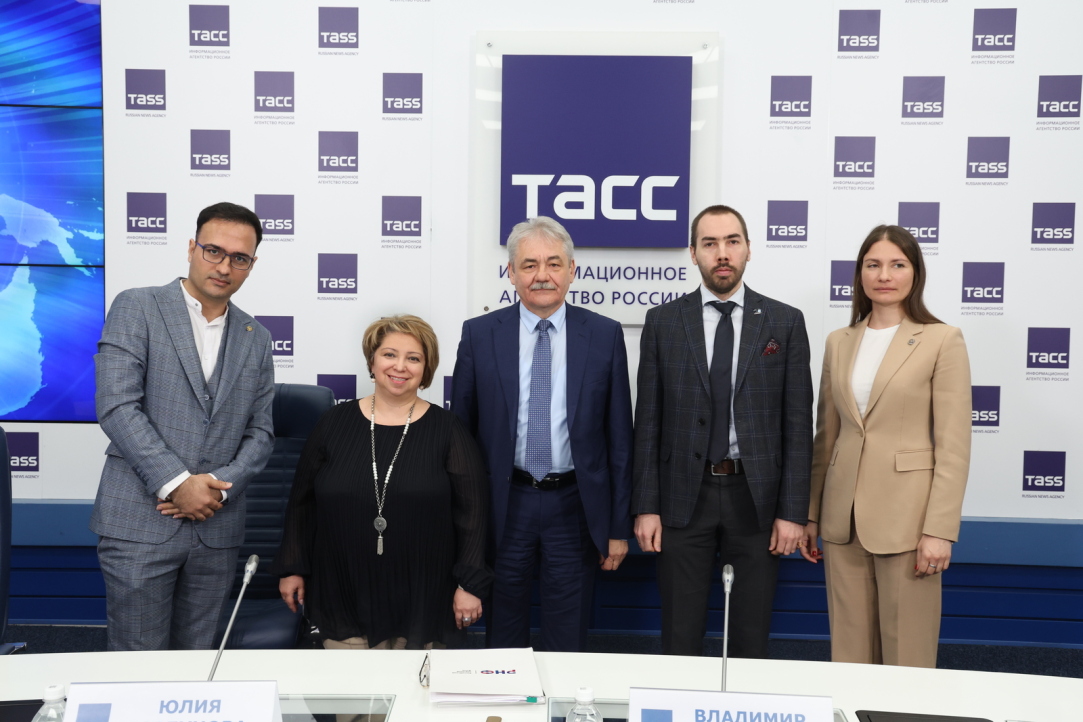
More than 10,000 scientific projects were supported by the Russian Science Foundation (RSF) in 2024. One of the grant recipients is Iranian scholar Dr Ahmad Ostovari Moghaddam, Assistant Professor at HSE MIEM. With the support of the RSF and HSE, he made the decision to remain in Russia long term.
The Russian Science Foundation summarised its work over the past year at a press conference held at the Russian news agency TASS. In his welcome address, RSF Director General Vladimir Bespalov reminded attendees that the foundation’s activity aligns with a presidential decree outlining strategic development directions for the RSF up to 2030. The RSF development programme includes initiatives across four priority areas: support for scientific research and the development of leading research teams in specific fields; support for projects focused on the development of promising and priority high-tech solutions addressing major societal, governmental, and scientific challenges; support for early-career researchers; and the popularisation of Russian scientific achievements.
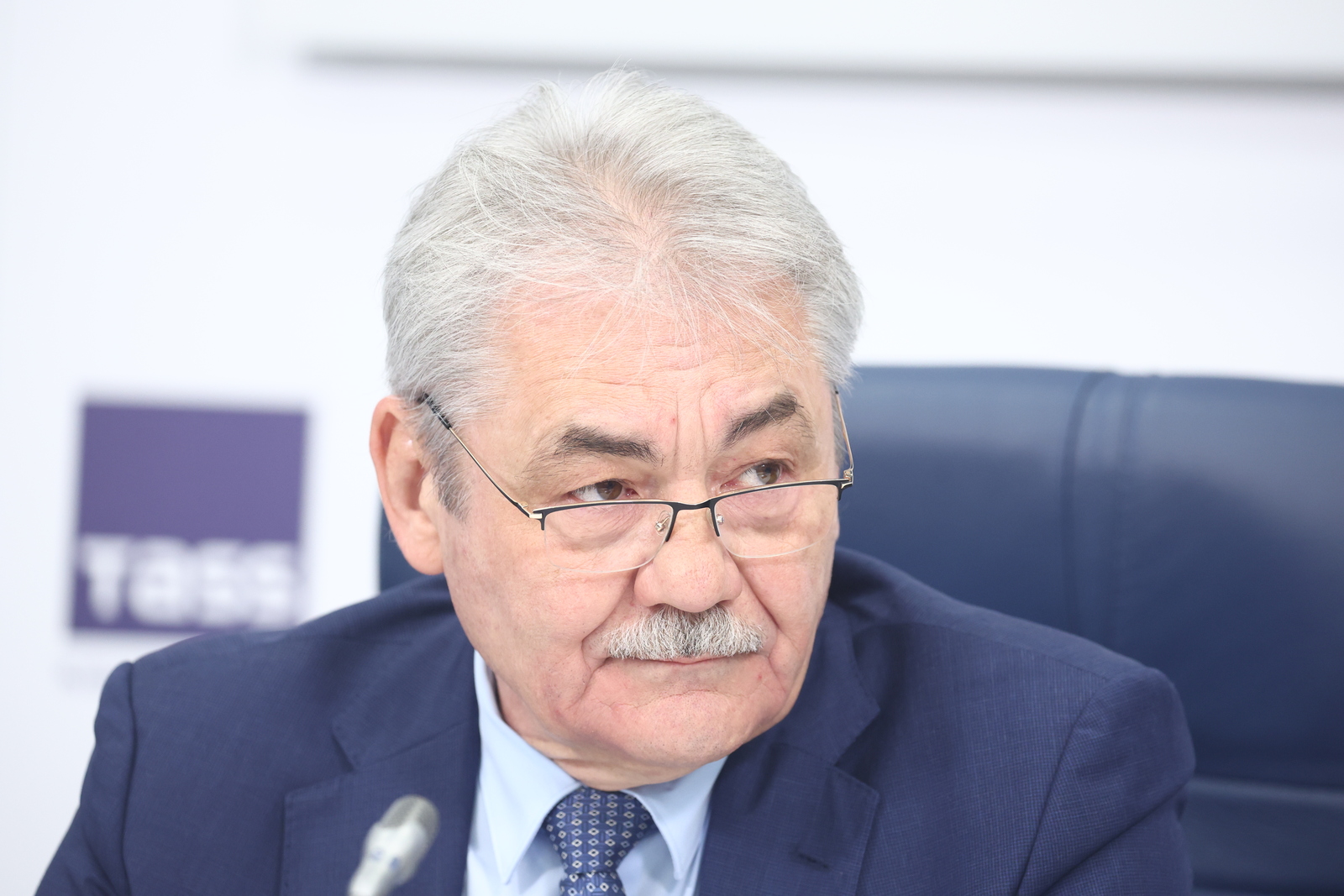
In 2024, funding for the 10,000 projects supported by the RSF amounted to 39.2 billion roubles. Over 60,000 researchers were involved, representing 800 organisations across 81 regions of the Russian Federation, including the Donetsk People’s Republic and the Zaporozhye region. The projects funded by the RSF produced more than 45,000 research publications, a significant number of which appeared in leading peer-reviewed Russian and international journals.
‘These projects not only contribute to scientific advancement but also have practical value, enabling the creation of new production facilities,’ noted Vladimir Bespalov. In 2024, 2,300 new projects received support. ‘It is especially important that 1,500 project leaders received RSF grants for the first time,’ he said. In 2025, with the support of the Russian Academy of Sciences, ‘post-grant support for these projects will be implemented,’ he added. According to him, ‘research teams supported by the foundation have become hubs attracting young people to science.’ The majority of project participants—42,700—were aged 39 or younger, including over 9,000 doctoral students and more than 7,000 undergraduate and master’s students.
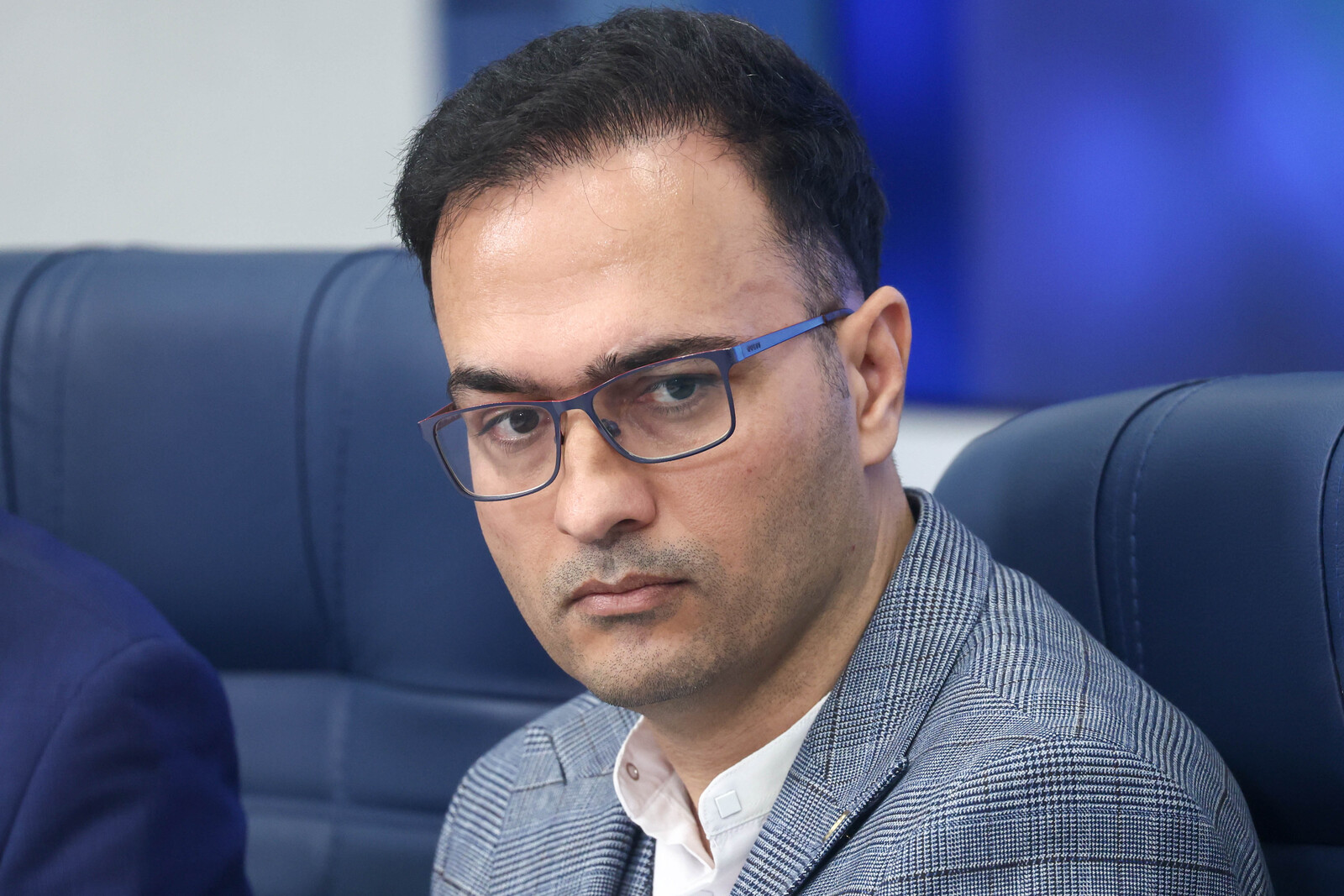
Dr Ahmad Ostovari Moghaddam, Assistant Professor at HSE University, explained that he had applied to conduct research in Russia as well as in several European countries. ‘Out of all the options available to me, working in Russia turned out to be the most interesting and convenient. That applied both to the fascinating research topic proposed by HSE and the advanced equipment provided by the university,’ he said. HSE enabled him to ‘form his own research teams.’ ‘I have a group of permanent young researchers working with me, and I also have the opportunity to carry out projects in my own laboratory at HSE,’ he noted.
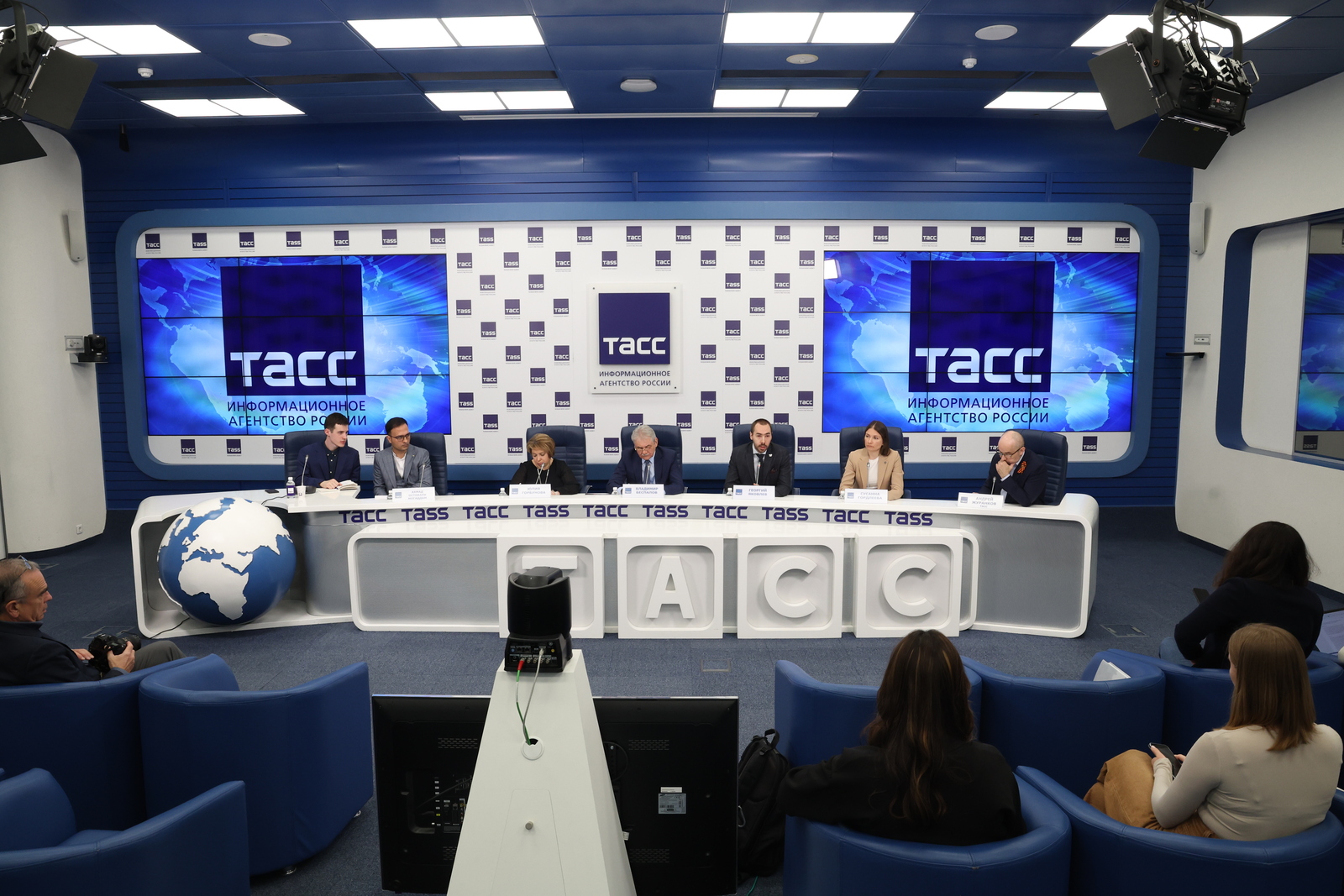
It was thanks to the support of HSE University and the Russian Science Foundation (which has awarded the researcher two grants) that Dr Ahmad Ostovari Moghaddam decided to remain in Russia for the long term. The project he is currently implementing at HSE is related to the application of catalytic technologies. ‘Among other things, I am studying the oxygen reduction reaction using carbon dioxide. My further goal is to focus more on practical research and move away from the purely academic format. Of course, publishing articles and participating in scientific projects is extremely important, but I would like my research to also benefit people, making their lives easier and more comfortable. As a recipient of grants from the Russian Science Foundation, I hope to be able to initiate new research at HSE University,’ he said.
The scientist recommended ‘that all young researchers from abroad join scientific work in Russia, come here, and carry out their projects.’
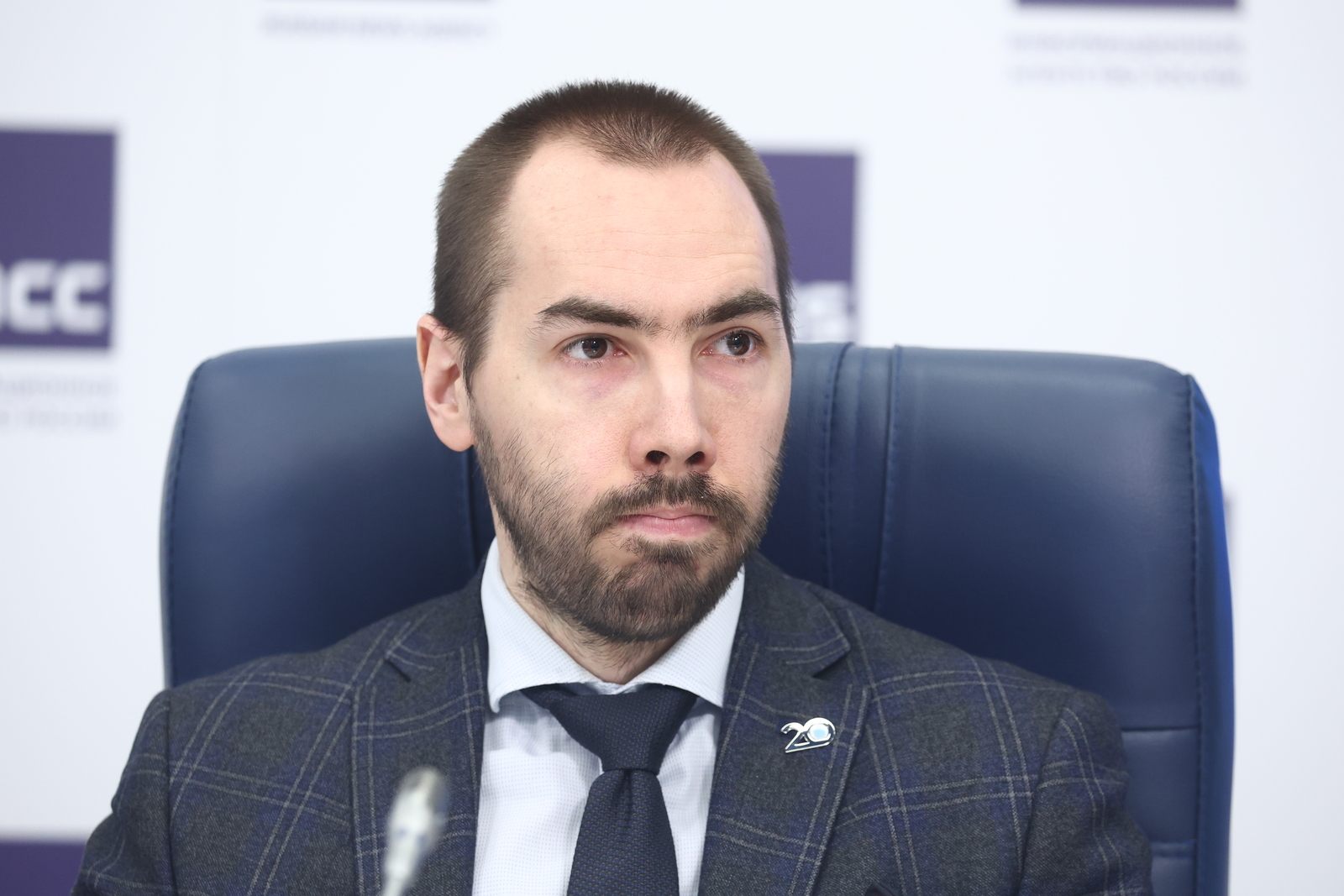
Among other speakers at the press conference were Georgy Yakovlev, Assistant to the General Director of Svetlana–Rost Co. (he spoke about the implementation of a new technology in the full-cycle semiconductor industry), and Dr Susanna Gordleeva, Director of the Research Institute of Neuroscience at Lobachevsky State University of Nizhny Novgorod and winner of the Presidential Prize of the Russian Federation in Science and Innovation for Young Scientists. She emphasised that one of the RSF’s key missions is the support of early-career scholars. Dr Gordleeva shared her own experience and noted that she ‘began by winning a small RSF grant,’ and this year she was fortunate enough to win an interdisciplinary RSF grant in a highly competitive round with about 20 applicants per place. ‘We are working on developing biologically plausible and realistic mathematical models based on experimental data to explain the mechanisms underlying the formation of cognitive functions, as well as the development of neurodegenerative diseases,’ she said. The results of this research make it possible to move towards ‘developing new and promising artificial intelligence technologies based on the principles of brain function.’
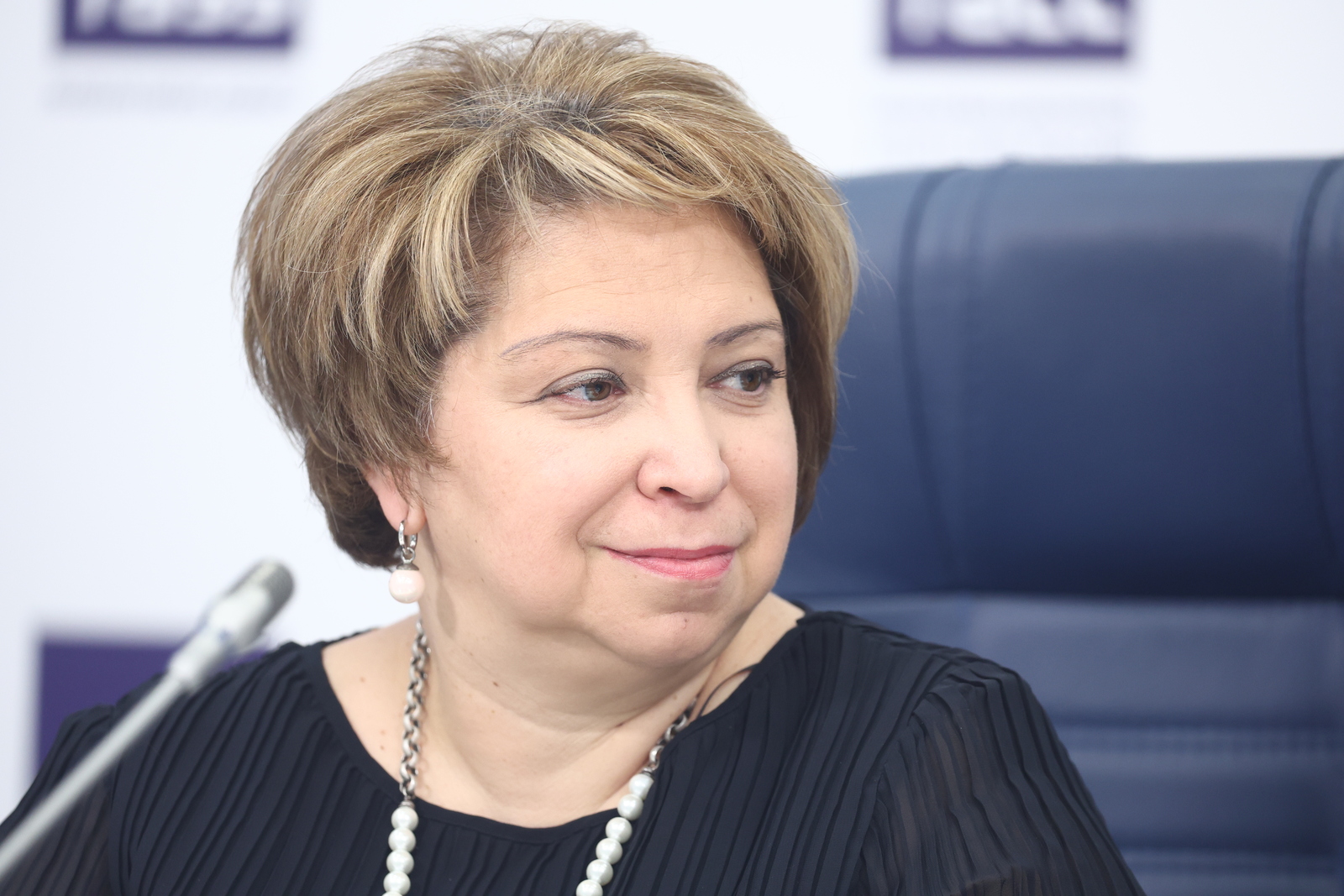
As Yulia Gorbunova, member of the Russian Academy of Sciences and Chair of the RSF Expert Council, said, last year marked the 10th anniversary of the Russian Science Foundation, which is now often held up as an example of a ‘gold standard’ in its field. ‘Of course, when we talk about finances, it is very important how we allocate those funds—who receives them and for what kind of work. That is where the correct expert evaluation mechanism becomes crucial, and this is something the RSF is constantly improving,’ she said. In particular, she noted that the selection of experts is carried out with great care: their achievements and scientific reputations are evaluated, and potential conflicts of interest are identified and considered.
See also:
See, Feel, and Understand: HSE Researchers to Explore Mechanisms of Movement Perception in Autism
Scientists at the HSE Cognitive Health and Intelligence Centre have won a grant from the Russian Science Foundation (RSF) to investigate the mechanisms of visual motion perception in autism. The researchers will design an experimental paradigm to explore the relationship between visual attention and motor skills in individuals with autism spectrum disorders. This will provide insight into the neurocognitive mechanisms underlying social interaction difficulties in autism and help identify strategies for compensating for them.
HSE Faculty of Mathematics Receives Mega-Grant from the Russian Government
43 projects from all over the country were awarded grants in Russia’s Eighth Mega-Grant Competition. HSE University’s application in support of the creation of a world-class laboratory in mathematics was among the winners. The academic supervisor of the new laboratory will be Professor Michael Shapiro of Michigan State University (USA).
From Application to Grant: How HSE University Prepares Future Researchers
In the beginning of 2020, six student research projects received funding from the HSE Centre for Student Academic Development (CSAD). The projects had been selected in a competition in which participants presented their research plans and the expected outcomes. At a reporting online seminar in July, team leaders summarized their achievements over the six months and spoke about how their work has been impacted by the pandemic.
HSE University Researchers Receive Fifteen Grants from the Russian Science Foundation
The Russian Science Foundation has announced the winners of four 2020 competitions. Some of the winners are from HSE University. They have received grants of 12 to 24 million roubles, for a term of two to four years.
Two HSE Projects Win ‘Mega-Grant’ Competition
A ‘Mega-Grant’ Competition for ground-breaking research projects funded by the Russian Ministry of Science and Higher Education was held for the seventh time, and this year’s competition winners included two projects that will be based at HSE University campuses. One research group will study dynamic systems at HSE – Nizhny Novgorod, and a new social neurobiology laboratory will begin work at HSE University in Moscow.
Forty HSE Doctoral Students Win Russian Foundation for Basic Research Competition
The Russian Foundation for Basic Research announced the results of the first project competition for doctoral students studying in Russian universities and research organizations. Among the winners are forty doctoral students from HSE University, whose projects will receive support over the next two years.
HSE Researchers Receive Grants in Russian Science Foundation Competitions
The Russian Science Foundation announced the results of its 2019 competitions for support from the Presidential Research Project Programme. One competition was for grants in support of research initiatives by early career researchers, and another was in support of research conducted by research groups headed by early career scholars.
Alexander Milkus, Laboratory Head at HSE, to Chair a Public Council at the Ministry of Education
A public council for the independent evaluation of the quality of education conditions has been created at the Ministry of Education of the Russian Federation. Alexander Milkus, Head of the HSE Laboratory for Educational and Youth Journalism, has been unanimously elected as its chair.
HSE Establishes Semyonov Award for Early-career International Researchers
Semyonov Award is designed as an internship at the HSE Laboratory for University Development and support to early-career scholars for participation in joint research.
European Research Council Provides Public Funding for Research & Innovation
On Wednesday, 16 May 2018, the President of the European Research Council (ERC), Professor Jean-Pierre Bourguignon, gave an open lecture at HSE on ‘Public funding for research & innovation: The experience of the European Research Council’. The lecture was organized by HSE together with the Delegation of the European Union to the Russian Federation.


